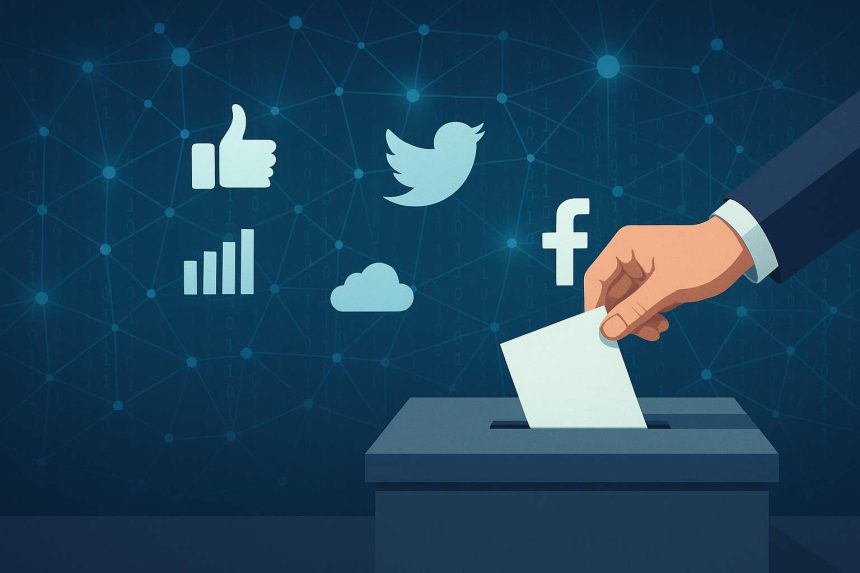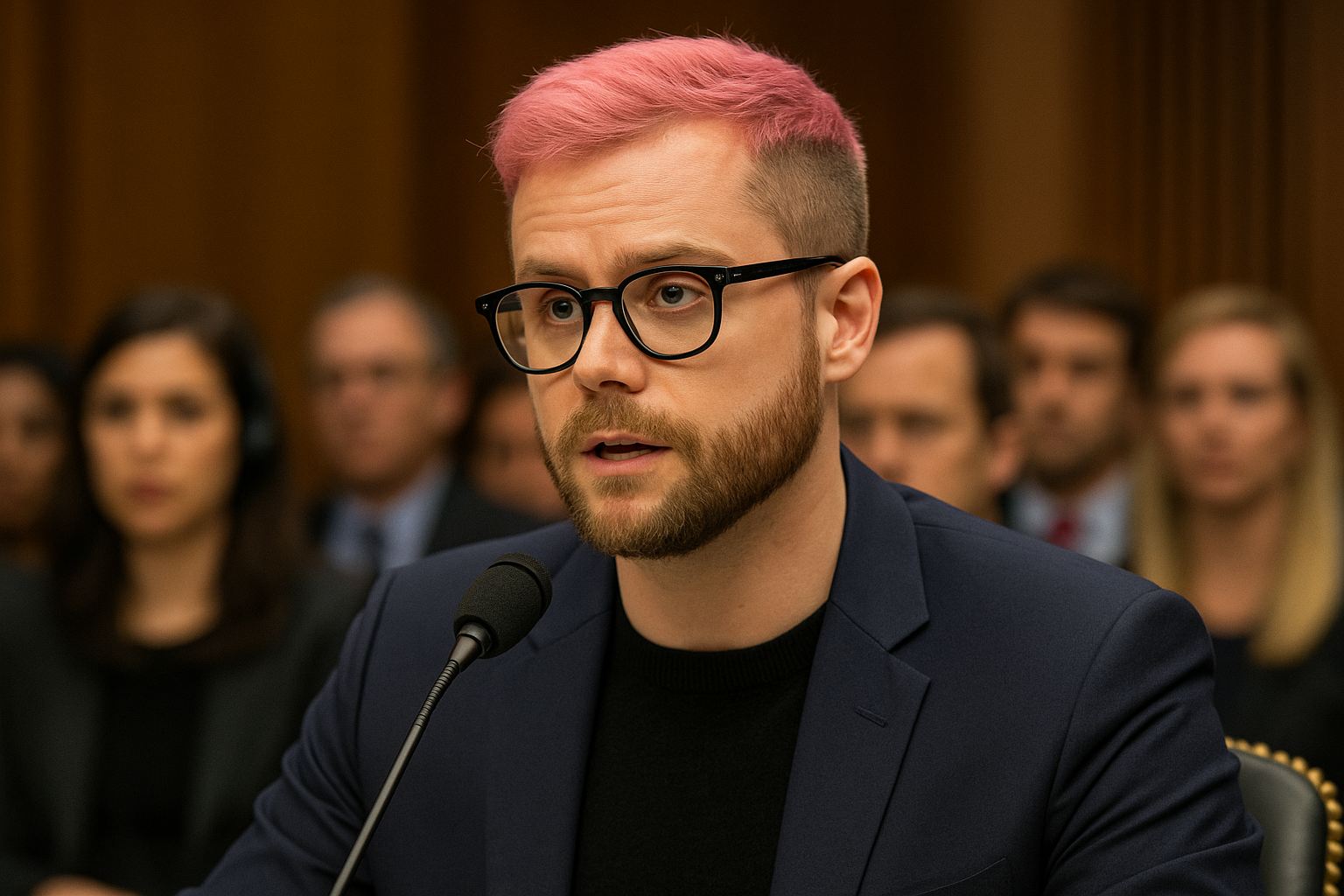The rise of digital campaigning
In the early 2010s, political campaigns discovered the power of social media.
Platforms like Facebook and Twitter offered direct access to voters — no gatekeepers, no filters, and instant engagement.
But behind this innovation lay a dangerous idea: that democracy could be influenced not by persuasion, but by precision targeting.
- The rise of digital campaigning
- The weaponization of information
- Brexit and the U.S. elections: a new digital frontier
- The collapse of trust
- The global ripple effect
- Regulation arrives — too late?
- The role of algorithms in modern politics
- Data-driven populism
- How journalism and activism fought back
- Digital democracy in the AI era
- Rebuilding the social contract
Cambridge Analytica took this concept to an unprecedented level.
By combining psychological profiling with massive amounts of personal data, it created what its executives called “behavioral microtargeting.”
The promise: to know voters better than they knew themselves.
The weaponization of information
The company’s approach was both simple and sinister.
It collected personal data — often without consent — to categorize people into personality types.
Then, it used tailored political messages to exploit emotions like fear, anger, or hope.
This wasn’t traditional propaganda.
It was psychological warfare conducted through social media, using likes and shares as weapons.
The battlefield was invisible, and so was the enemy.
Brexit and the U.S. elections: a new digital frontier
Cambridge Analytica’s role in the Brexit referendum and the 2016 U.S. presidential election became the focus of global attention.
Although the full extent of its influence remains debated, the revelations sparked an international outcry about data-driven political manipulation.
What made these events alarming wasn’t the use of technology itself — it was the lack of transparency.
Voters had no idea they were part of an experiment.
Democracy, once built on open debate, had entered a new era of algorithmic influence.
The collapse of trust
Trust is the foundation of democracy.
When people realized that their private information had been used to shape their political beliefs, that trust began to crumble.
Citizens started questioning not only institutions but also their own perceptions.
The scandal revealed that in a world of personalized news and microtargeted ads, there is no single shared reality — only millions of individualized versions of it.
The global ripple effect
The fallout extended far beyond the U.K. and U.S.
Governments in India, Kenya, Brazil, and the Philippines began investigating similar tactics in their own elections.
The term “Cambridge Analytica” became shorthand for digital election interference.
What was once an isolated scandal turned into a global reckoning — a moment of collective realization that democracy was more fragile than anyone had imagined.
Regulation arrives — too late?
In response to public outrage, lawmakers introduced new privacy regulations such as the GDPR and California Consumer Privacy Act.
These laws forced companies to disclose how they collect and use personal data.
Yet, enforcement has lagged.
Political advertising online remains poorly regulated, and the line between free speech and manipulation grows blurrier with each election cycle.
The role of algorithms in modern politics
Social media algorithms now act as invisible editors of public discourse.
They decide which topics trend, which opinions spread, and which disappear.
These systems reward outrage and division because controversy keeps users engaged.
In essence, political polarization has become profitable — and democracy has become a byproduct of the attention economy.
Data-driven populism
Cambridge Analytica pioneered a new form of populism — one customized for each individual.
Instead of a single campaign message, voters received personalized narratives confirming their biases.
This fragmented communication allowed leaders to promise different things to different people — all at once.
It was no longer about one national conversation, but millions of private whispers.
How journalism and activism fought back
Investigative journalists, whistleblowers, and activists played a crucial role in exposing the scandal.
Their work reignited debates about the ethics of data use, freedom of expression, and digital sovereignty.
Today, many NGOs monitor political advertising and campaign spending in real time, helping voters understand who’s trying to influence them — and why.
Digital democracy in the AI era
As artificial intelligence becomes integrated into political communication, the risks multiply.
Deepfakes, automated chatbots, and synthetic media can now simulate human conversation and emotion.
The challenge is no longer just data misuse — it’s the erosion of truth itself.
Democracies must now build resilience not only against corruption or censorship but against algorithmic deception.
Rebuilding the social contract
The lessons from Cambridge Analytica are clear: transparency, accountability, and media literacy are essential for democratic survival.
Citizens must understand how their data shapes politics — and demand the right to opt out.
Governments and tech companies must work together to ensure that digital tools serve the public interest, not private agendas.
Takeaway: The Cambridge Analytica scandal revealed the vulnerabilities of democracy in the digital age.
The challenge now is to build systems that harness technology’s potential for inclusion, not manipulation — ensuring that the future of politics belongs to people, not algorithms.







